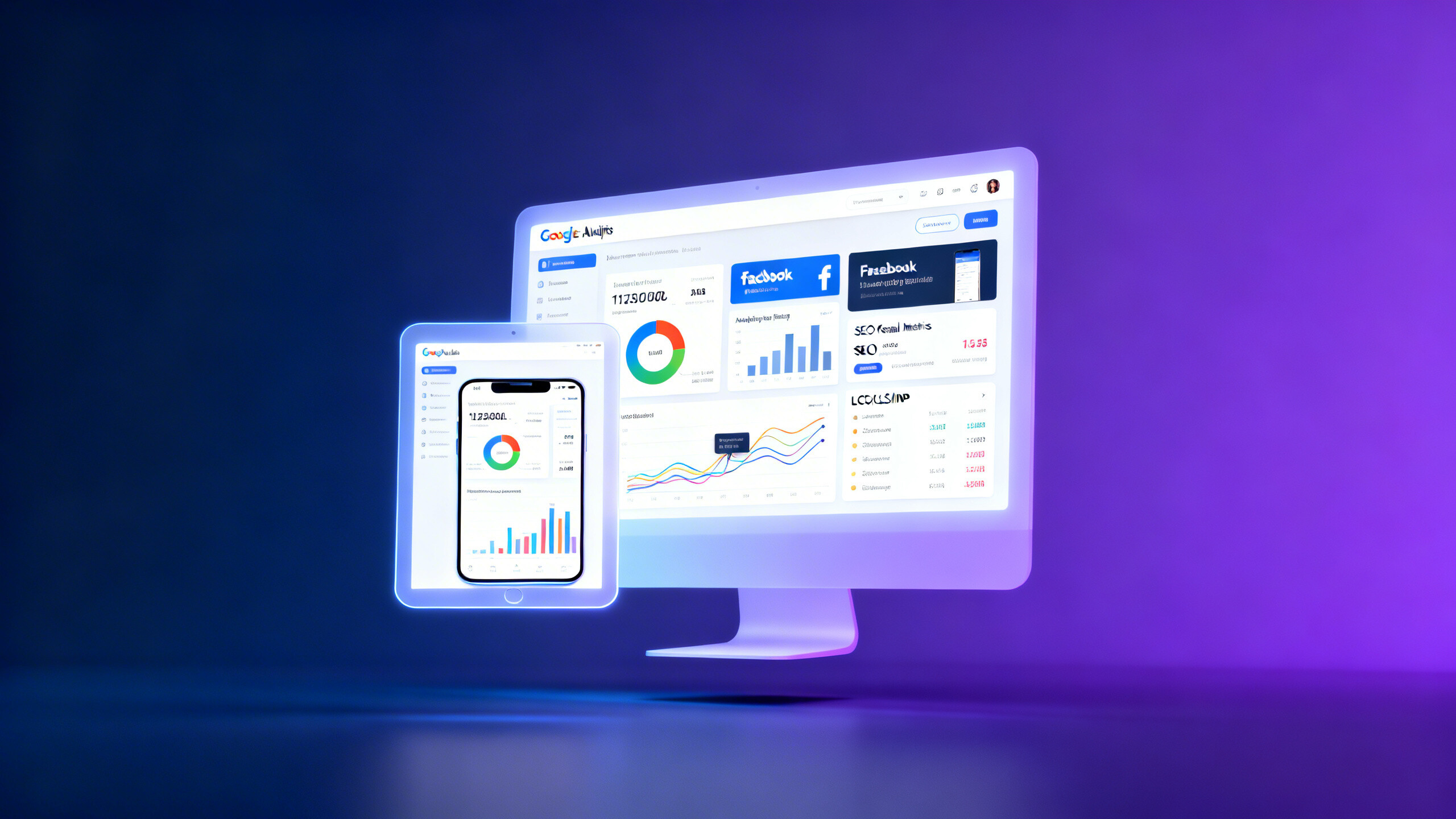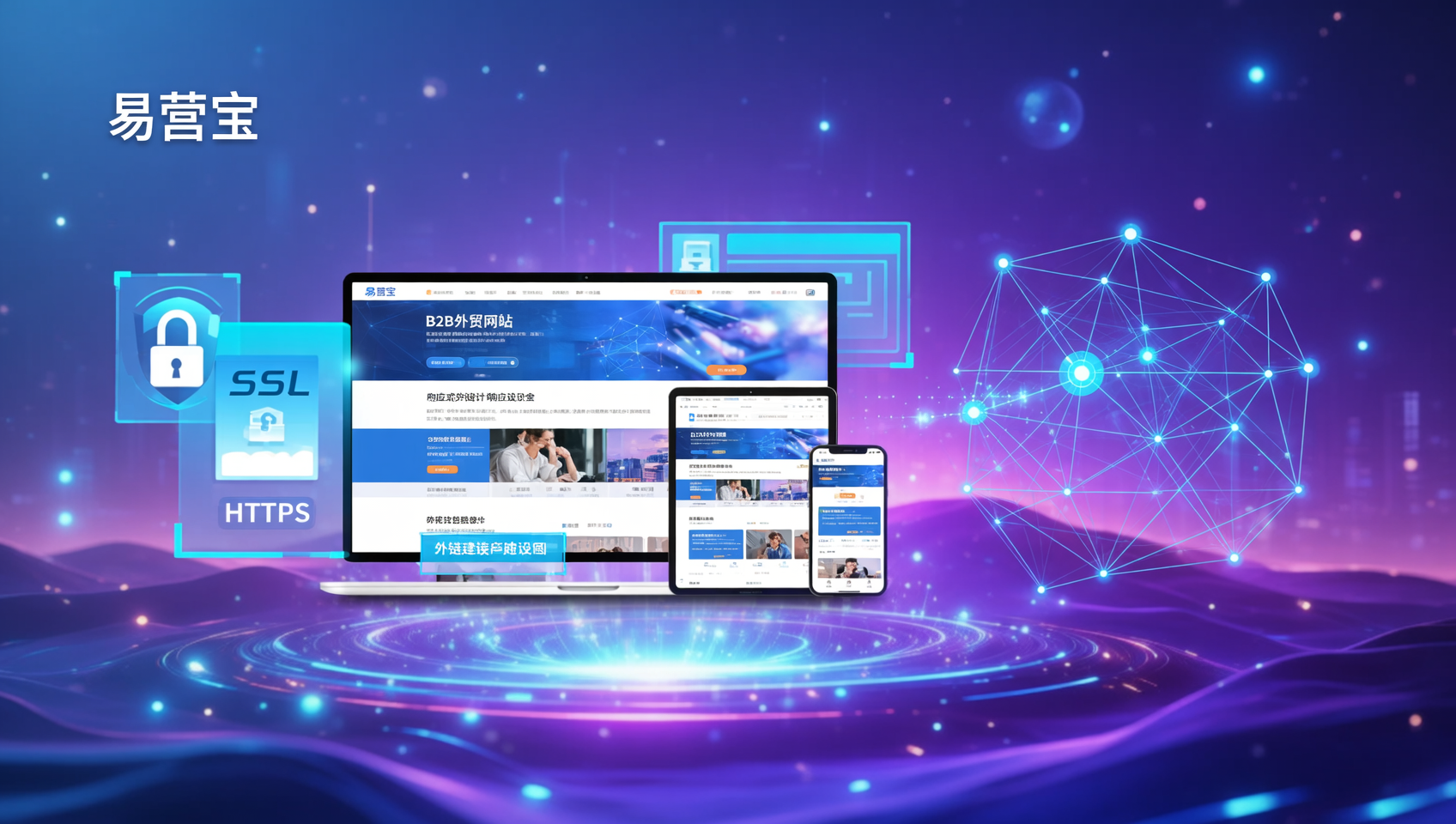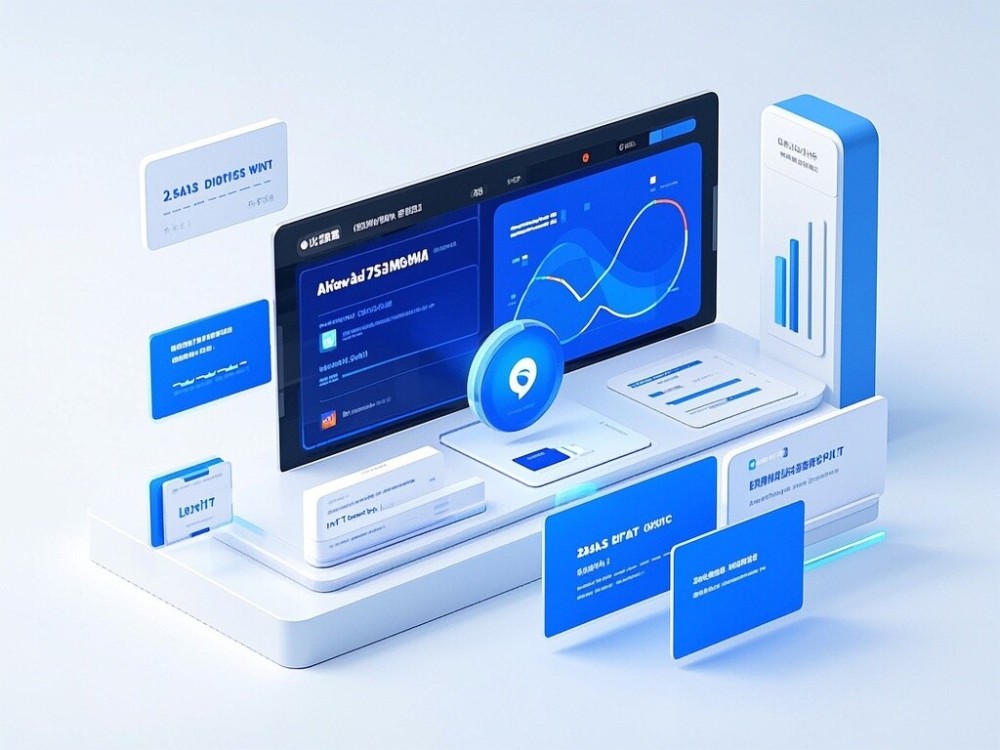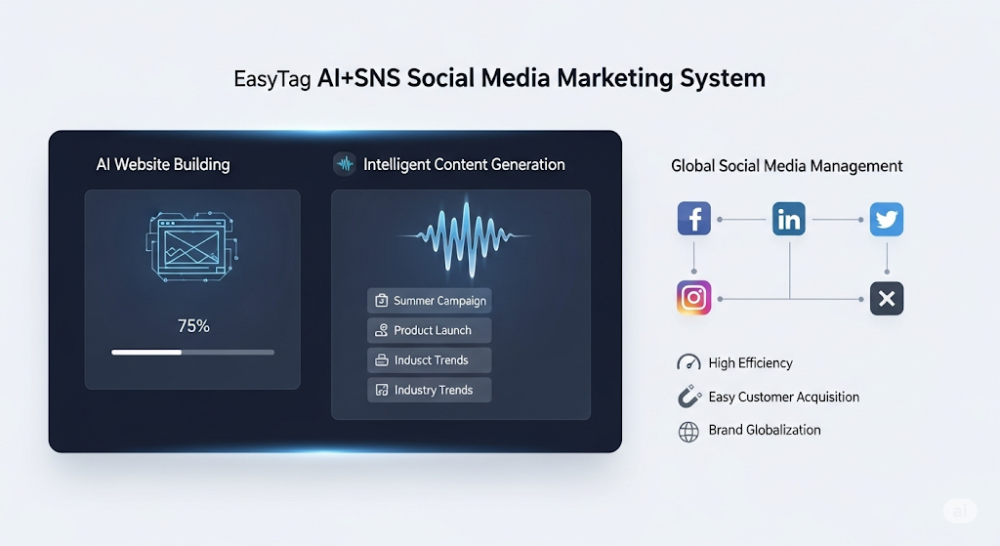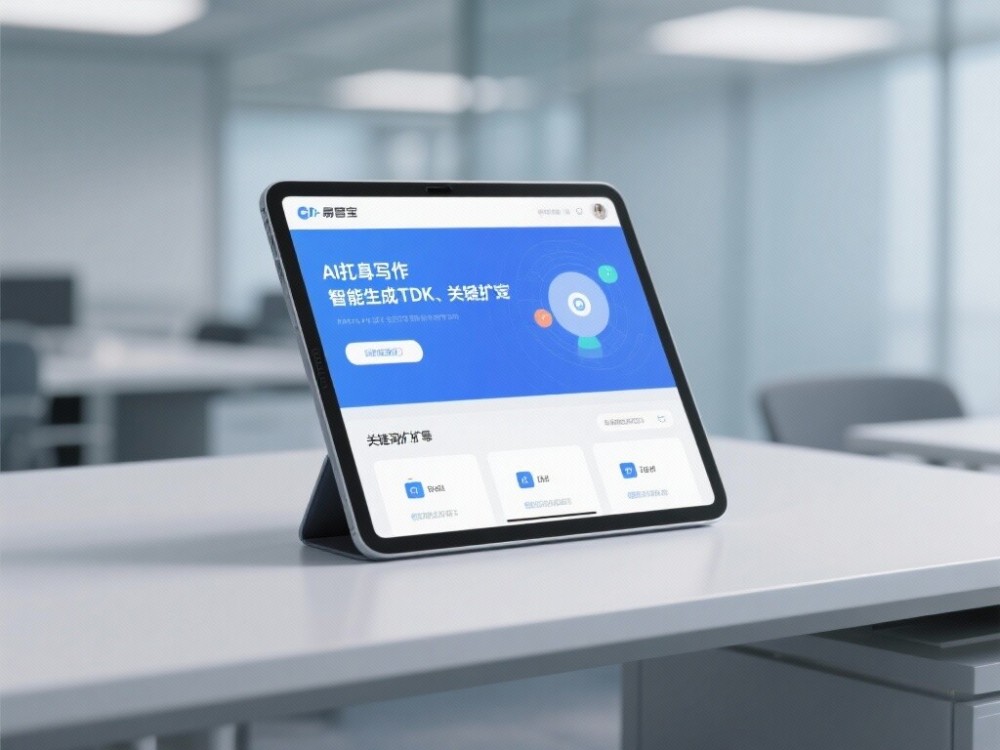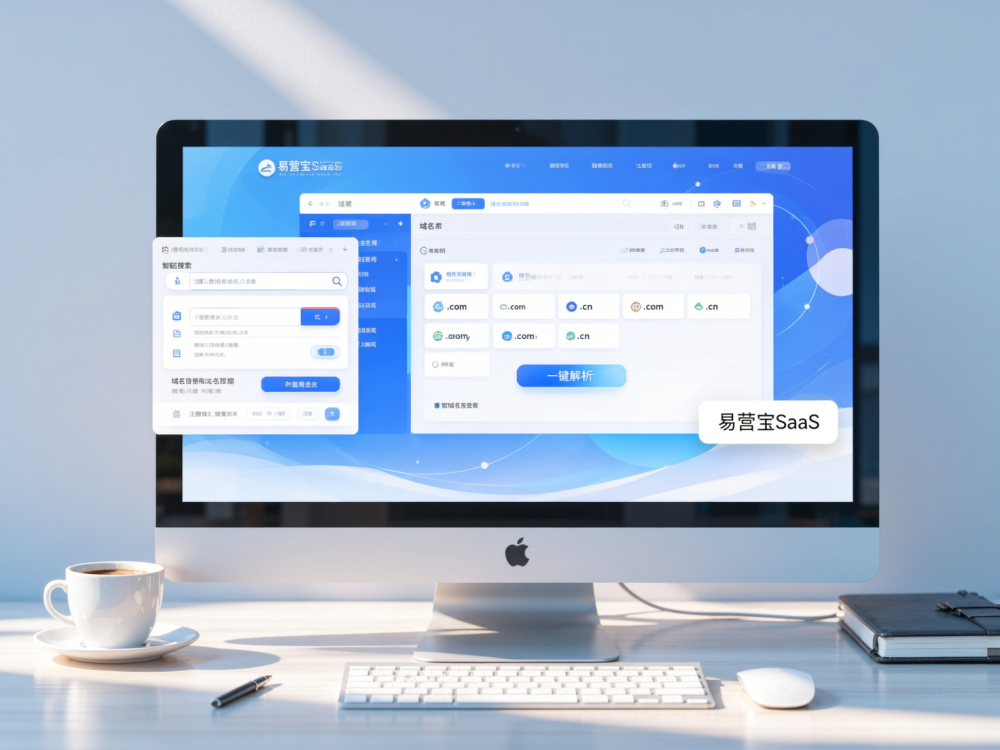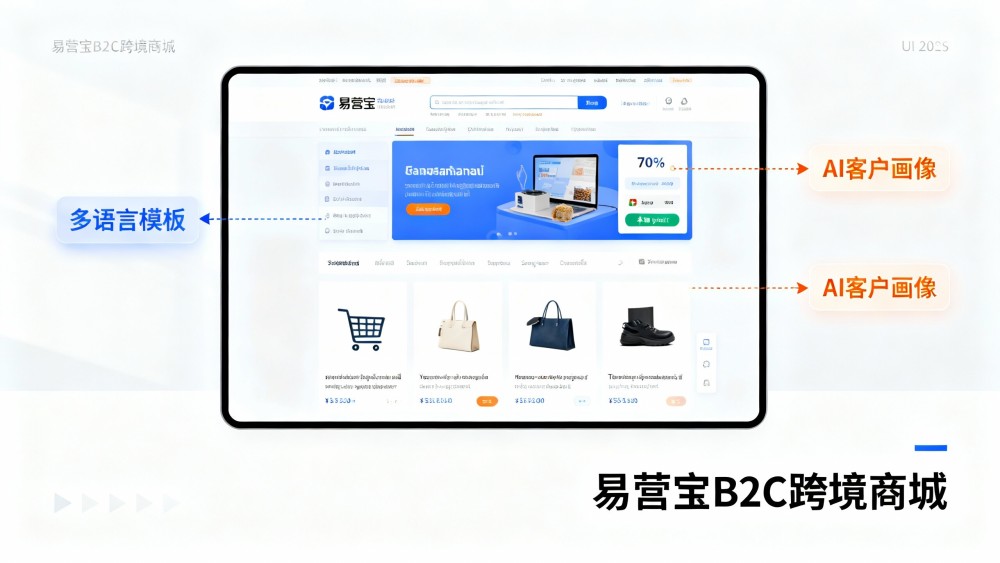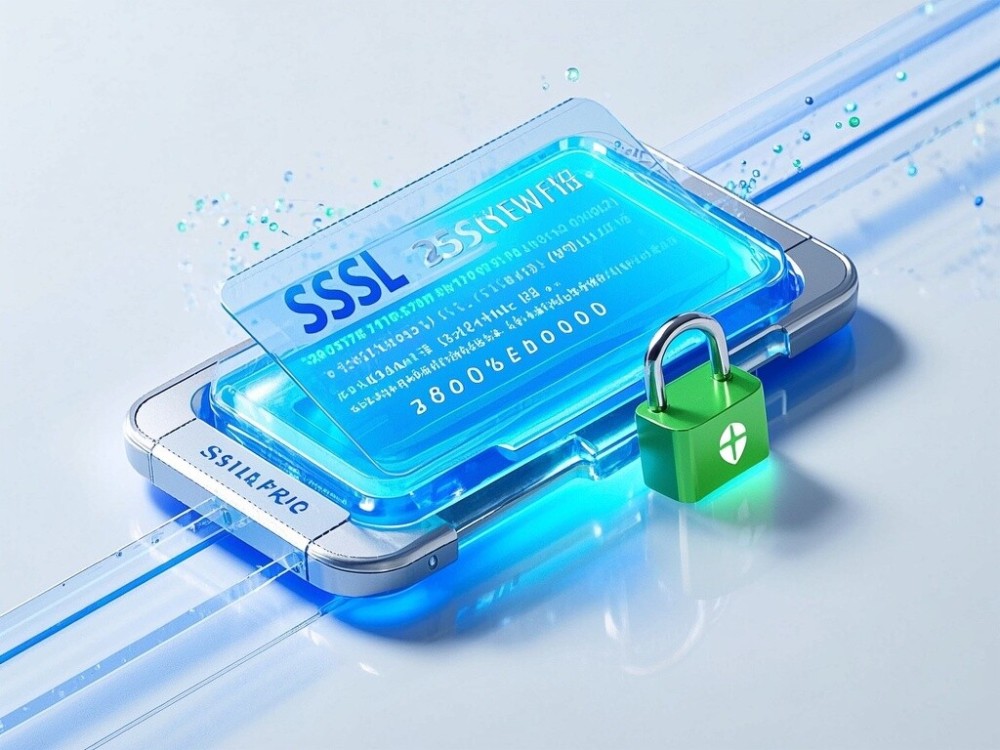- Can Eyingbao's social media automation operations replace overseas local teams? A 6-month efficiency comparison from 3 manufacturing industry clients2026-02-10View details
- How to implement Eyingbao's ad conversion rate improvement solution? Key configurations for B2B clients to reduce CPL by 37%2026-02-11View details
- How good is EasyCampaign's multilingual marketing system? Real-world test for export companies: template adaptation rate, AI copy accuracy, and customer service response time2026-02-11View details
- Website System Alliance Service Comparison: HTTPS Pre-installation Rate, SSL Wildcard Support, CDN Acceleration Compatibility - 2024 B2B Procurement Decision List2026-02-10View details
- How to choose a digital marketing strategy agency? Comparing 5 agencies in 2024 mainstream service providers: AI+SNS marketing response speed, localization adaptation, and post-sales SLA actual measurement2026-02-11View details
- How to Choose a SaaS Agent? 2024 AI+SEM Advertising System + Website Capability Dual-Verification List2026-02-11View details
5 Must-Know SSL Certificate Installation Terms for Beginners to Succeed at First Attempt
SSL certificate installation is the primary step to ensure the security of independent foreign trade websites. Mastering these 5 key technical terms, combined with the dual-engine optimization system of EasyStore AI+SEO, enables even operational beginners to efficiently complete configurations.
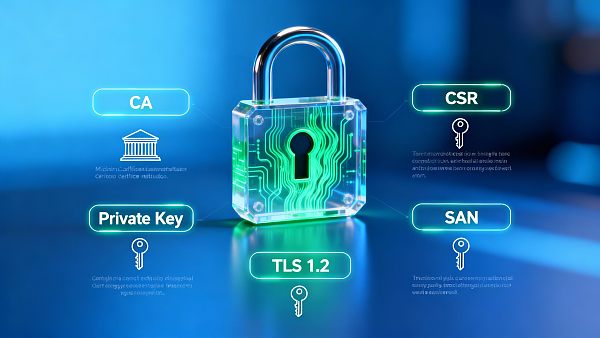
Definition and Overview: Understanding Core Technical Terms of SSL Certificate Installation
Before proceeding with SSL certificate installation, it is essential to clarify several fundamental yet critical technical terms. The first is Certificate Authority (CA), a trusted third-party organization responsible for verifying website identity and issuing digital certificates. Examples like DigiCert and Let's Encrypt are mainstream CAs. Choosing an authoritative CA not only enhances browser compatibility but also strengthens user trust in the site. The second term is CSR (Certificate Signing Request), an encrypted text generated on the server containing public key and domain information, used to apply for certificates from CAs. Correctly generating a CSR is the first step in the entire process—any field error may lead to issuance failure.
The third key concept is Private Key, which pairs with the certificate and must be strictly safeguarded. Once leaked, attackers can impersonate legitimate servers to conduct man-in-the-middle attacks. The fourth term is SSL/TLS Protocol Version, where TLS 1.2 or higher is currently recommended to ensure communication security. The last one is Subject Alternative Name (SAN), allowing a single certificate to protect multiple domains or subdomains—especially suitable for multilingual foreign trade independent websites. Mastering these terms equates to grasping the linguistic framework of SSL deployment.
Industry Context and Market Analysis: The Security Upgrade Wave Driven by Global Compliance
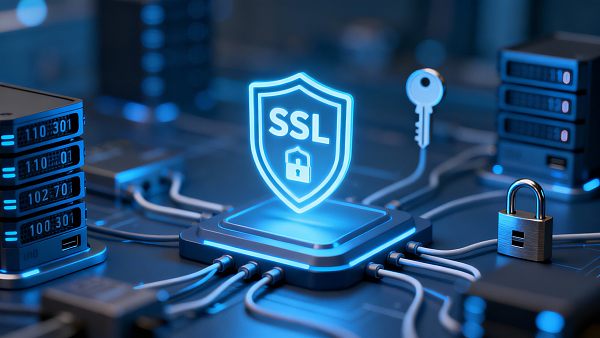
With data privacy regulations like GDPR and CCPA being implemented globally, website security has evolved from a technical option to a legal compliance requirement. Since 2018, Google has treated HTTPS as a ranking signal. Sites without SSL not only face search ranking penalties but are also labeled "Not Secure" by browsers, directly impacting conversion rates. For businesses engaged in cross-border e-commerce and service exports, an address bar with a green padlock icon is the first gateway to establishing international client trust. According to Statista, over 95% of global web traffic in 2023 was transmitted via HTTPS encryption—a trend accelerating security upgrades for SMEs.
Against this backdrop, EasyStore AI Translation Center leverages automated adaptation features like local measurement units and date formats to achieve dual localization of content and security in multilingual foreign trade websites. As a Google Premier Partner, we support automated SSL certificate issuance integrated into an all-in-one marketing platform, significantly lowering operational barriers for enterprises.
Application Scenarios: Practical Cases from Single Sites to Global Deployment
Consider a B2B export company specializing in industrial equipment planning to build multilingual foreign trade independent websites covering English, Spanish, and Russian markets via an intelligent website system. When each language version is deployed under different subdomains (e.g., en.site.com, es.site.com), single-domain certificates cannot meet requirements. Configuring wildcard certificates with SAN extensions enables one-click encryption for both primary and all subdomains. Additionally, leveraging EasyStore’s global CDN acceleration nodes jointly deployed with AWS and Alibaba Cloud not only achieves static resource proximity distribution but also automates SSL certificate deployment at edge nodes, ensuring synchronized improvements in global access speed and security.
Another typical scenario involves regional agent operations under a city partnership model. When local agents rapidly generate localized sites based on headquarters templates, the system can automatically batch-apply for DV certificates via CA APIs combined with DNS automation verification, realizing a closed-loop workflow of "security upon site creation." This capability exemplifies operational innovation driven by AI and big data.
Comparative Analysis: Manual Installation vs. Intelligent Platform Solutions
Evidently, traditional methods struggle to meet modern enterprises' needs for high-frequency iterations and multi-region deployments. Particularly for large-scale city partner networks or frequently updated marketing landing pages, intelligent management becomes imperative.
Common Errors and FAQ: Avoiding Pitfalls Beginners Most Frequently Encounter
Q: Are free SSL certificates sufficient? A: For most foreign trade B2B website projects, free DV certificates (e.g., Let's Encrypt) meet basic encryption needs but have limitations in brand credibility and enterprise identity verification. For payment or client data collection scenarios, OV or EV certificates are recommended to enhance trustworthiness.
Q: What if the website slows down after SSL installation? A: Properly configuring TLS handshake parameters and enabling OCSP Stapling significantly reduces latency. Combined with global CDN acceleration services, actual loading speeds can improve by over 40%, as validated by EasyStore’s intelligent website system.
Q: Can certificates be migrated across servers? A: Yes, but private key files must be transferred simultaneously while ensuring the new environment supports original encryption algorithms. Best practice is to reapply certificates in the new environment to avoid compatibility issues.
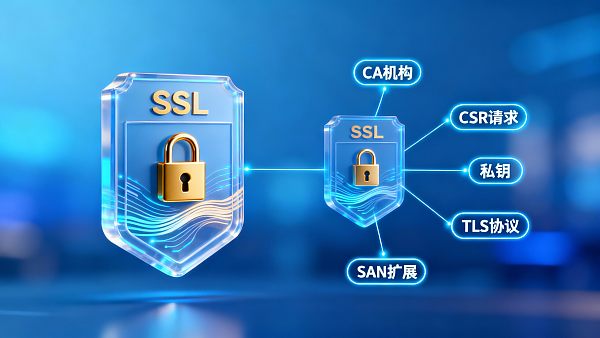
Why Choose Us: Empowering Growth with Technology
As an AI-driven enterprise with a decade of digital marketing expertise, EasyStore not only provides technical support for SSL certificate installation but deeply integrates it into our dual-engine optimization system (AI+SEO) and AI+SEM intelligent ad marketing system. Whether you're a startup team or a manufacturing company expanding overseas markets, our EasyStore AI Translation Center achieves trinity globalization of language, content, and security. Joining EasyStore’s agent alliance policy system grants access to exclusive technical support and training resources, helping you swiftly seize market opportunities.
Contact us now to embark on your intelligent secure website journey.
- Campbell (name)
- free-standing station
- Intelligent website building system
- Intelligent website building
- AI translation
- Website security
- B2B Foreign Trade
- Foreign trade independent website
- EYB Intelligent Website
- City Partners
- SSL certificate
- AI+SEO Dual-Engine Optimization System
- Independent website building
- Foreign trade independent website construction
- Construction of Independent Foreign Trade Websites
- Independent website construction
- SEO
- AI+SEM Advertising Intelligent Investment Marketing System
- Global CDN Acceleration
- Foreign trade B2B website
- EYB agent to join the policy
- All-in-One Marketing Platform
- SSL Certificate Installation
- Multi-language foreign trade independent website construction
Related Articles
![Does responsive design affect search engine rankings? 2024 Google Core Algorithm latest verification results Does responsive design affect search engine rankings? 2024 Google Core Algorithm latest verification results]() Does responsive design affect search engine rankings? 2024 Google Core Algorithm latest verification results
Does responsive design affect search engine rankings? 2024 Google Core Algorithm latest verification results![Why is multilingual website + responsive design indispensable for overseas social media marketing? Why is multilingual website + responsive design indispensable for overseas social media marketing?]() Why is multilingual website + responsive design indispensable for overseas social media marketing?
Why is multilingual website + responsive design indispensable for overseas social media marketing?![How to Ensure Website Security? SSL Certificates + Website Design + Backlink Building Triple Protection Practical Solution How to Ensure Website Security? SSL Certificates + Website Design + Backlink Building Triple Protection Practical Solution]() How to Ensure Website Security? SSL Certificates + Website Design + Backlink Building Triple Protection Practical Solution
How to Ensure Website Security? SSL Certificates + Website Design + Backlink Building Triple Protection Practical Solution
Related Products



